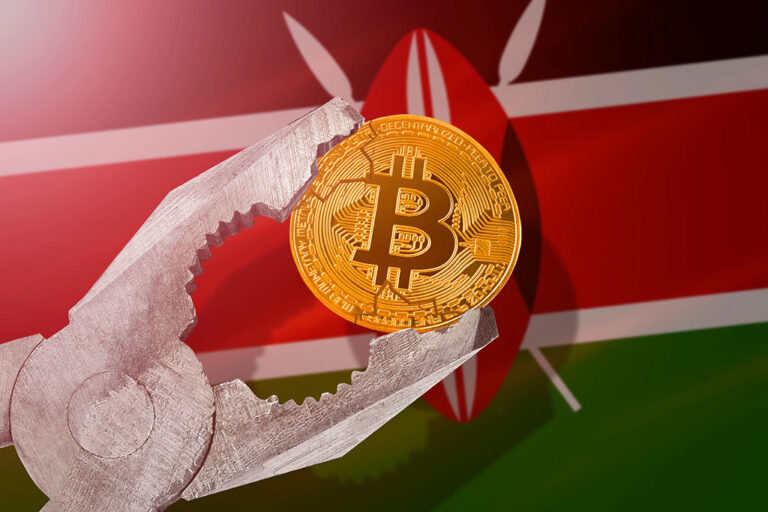The IMF has recommended immediate reforms to mitigate risks and strengthen oversight in Kenya’s cryptocurrency market.
The International Monetary Fund (IMF) has urged Kenya to align its crypto regulations with global standards to address increasing risks tied to money laundering, terrorism financing, and consumer protection. A report released on January 8 highlights gaps in Kenya’s outdated framework for regulating digital assets.
According to the IMF, Kenya’s current laws, designed for traditional financial markets, lack comprehensive or enforceable authority over cryptocurrencies. This gap has exposed the nation to vulnerabilities, including scams and other crimes linked to digital currencies. The IMF has recommended immediate reforms to mitigate these risks and strengthen oversight.
The report highlighted that a recent survey shows 38% of respondents knew someone affected by crypto scams, while 62% acknowledged money laundering risks. In February 2024, the Directorate of Criminal Investigations issued an alert about crypto platform fraud schemes.
IMF Calls for Global Crypto Standards
Kenyan lawmakers remain divided over crypto regulation, as revealed during consultations in Nairobi. The IMF proposed a structured regulatory framework to ensure compliance with global standards while protecting consumers and promoting innovation in Kenya’s expanding crypto industry.
“The development of Kenya’s regulatory and supervisory framework for crypto assets should be aligned with international frameworks and standards,” said IMF.
The IMF underscored the need for alignment with global protocols, including the Bali Fintech Agenda, FATF guidelines on anti-money laundering and counter-terrorism financing, and the Financial Stability Board’s framework for regulating crypto activities.
In order to address gaps, the IMF recommended a phased strategy. Over six to 12 months, authorities should analyze the crypto market, improve inter-agency collaboration, and define regulatory boundaries. Beyond 12 months, efforts should focus on creating a comprehensive legal framework and enhancing oversight capabilities.
In addition to improving oversight, the IMF also recommended that Kenyan authorities avoid conflicting term, such as “digital currency” versus “virtual asset”, to ensure consistency in legal definitions.
Broader Financial Reforms
The IMF’s push for crypto regulation aligns with its broader engagement with Kenya’s financial systems. In June 2024, Kenya and the IMF reached a staff-level agreement on policies to complete the seventh review of Kenya’s Extended Fund Facility (EFF) and Extended Credit Facility (ECF) arrangements. These measures aim to address fiscal slippages and improve debt sustainability.
By December 2024, the IMF also called on Kenya to enhance its fiscal framework and reduce debt vulnerabilities. The financial institution stressed that Kenya needs stronger policies to protect against economic and climate-related shocks, adding urgency to regulatory and fiscal reforms.
next